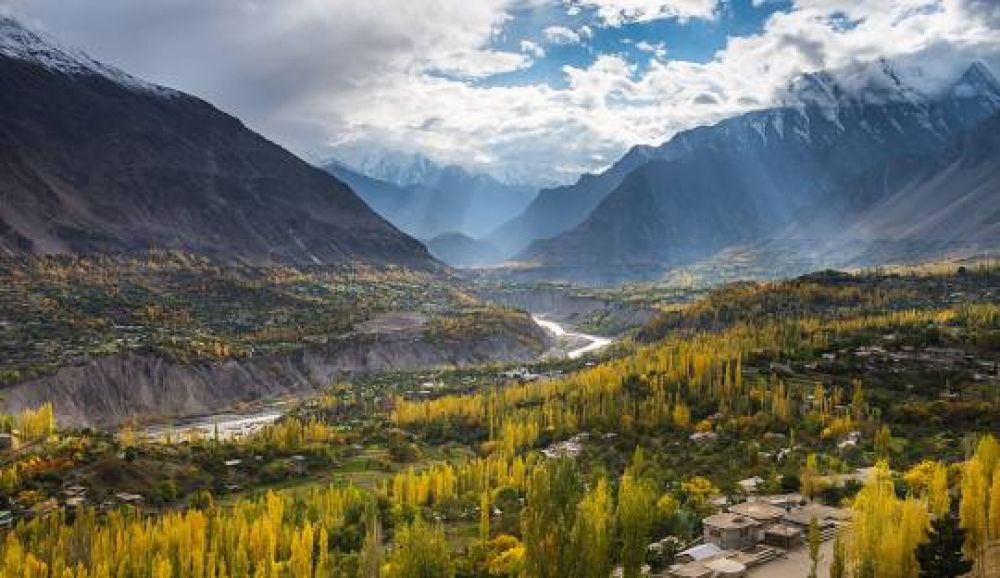Traveling to Hunza Valley, Gilgit, Pakistan
Embark on an adventure to the breathtaking Hunza Valley in Gilgit, Pakistan. Whether by air or road, the journey offers scenic beauty and a glimpse into the rich culture of this region. Here are the details:
By Air
Nearest Airport: The closest airport to Hunza Valley is Gilgit Airport. You can take a flight to Gilgit from major cities of Pakistan like Islamabad, Lahore, and Karachi.
- Upon arriving at the Gilgit Airport, you can hire a taxi or take a local bus to Hunza Valley. The distance is approximately 100 kilometers and can take around 2-3 hours.
By Road
Traveling to Hunza by road offers an opportunity to witness the spectacular landscapes of northern Pakistan. There are two main routes:
- Karakoram Highway (KKH): With Islamabad as the starting point, the Karakoram Highway is the most popular route. It takes you through Abbottabad, Mansehra, Besham, Pattan, Kohistan, Chilas, and then to Gilgit. From Gilgit, continue on the KKH to reach Hunza Valley.
- Alternate Route: An alternative route from Islamabad is by taking the Babusar Pass, which is only open during the summer months (June to September) due to heavy snowfall in winters.
Please note that the total road journey from Islamabad to Hunza can take around 12-14 hours depending on the road conditions and stops along the way. Overnight stays in towns such as Chilas or Naran (if taking the Babusar Pass) may be necessary.
Travel Tips
- Ensure to check the weather and road conditions before planning your trip, especially during the monsoon and winter seasons when landslides and snowfall can cause road blocks.
- Consider hiring a local guide or driver if you are not familiar with the area and its roads.
- Carry sufficient cash as ATM facilities may be limited outside of major towns.
- Make sure your vehicle is in good condition and equipped with necessary supplies for long mountainous journeys.
Required Documentation
International travelers should ensure they have the following:
- A valid passport and Pakistani visa.
- Some areas might require a No Objection Certificate (NOC) so check with your embassy or local authorities.

